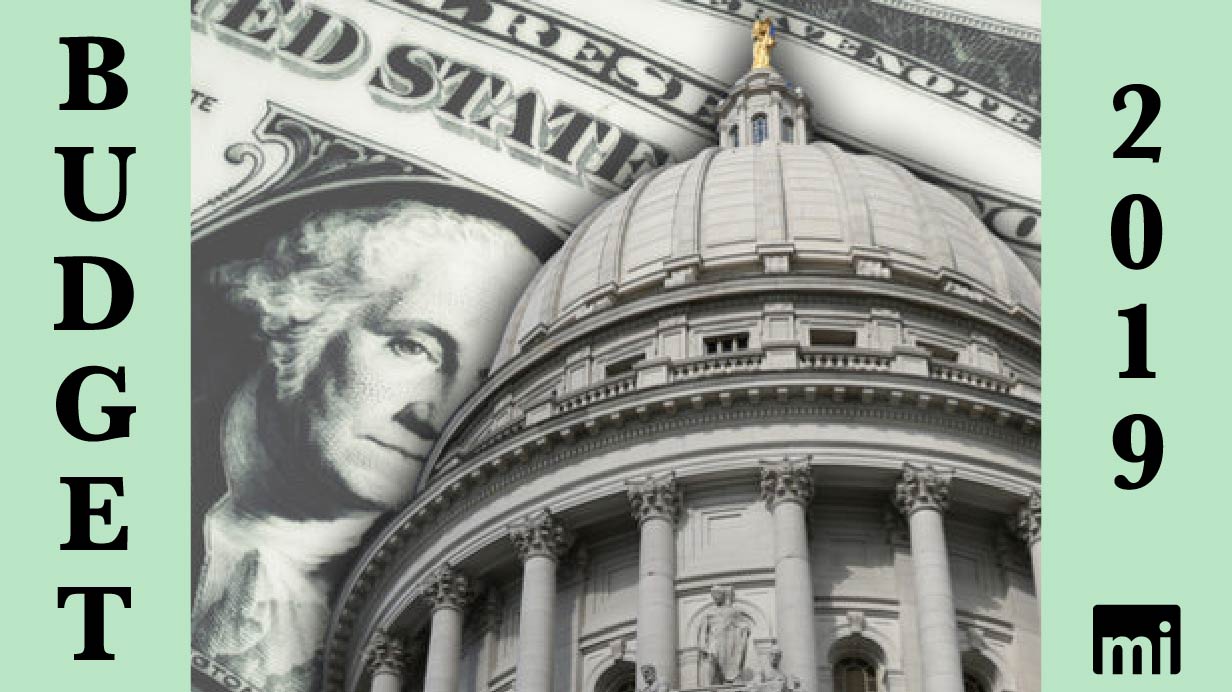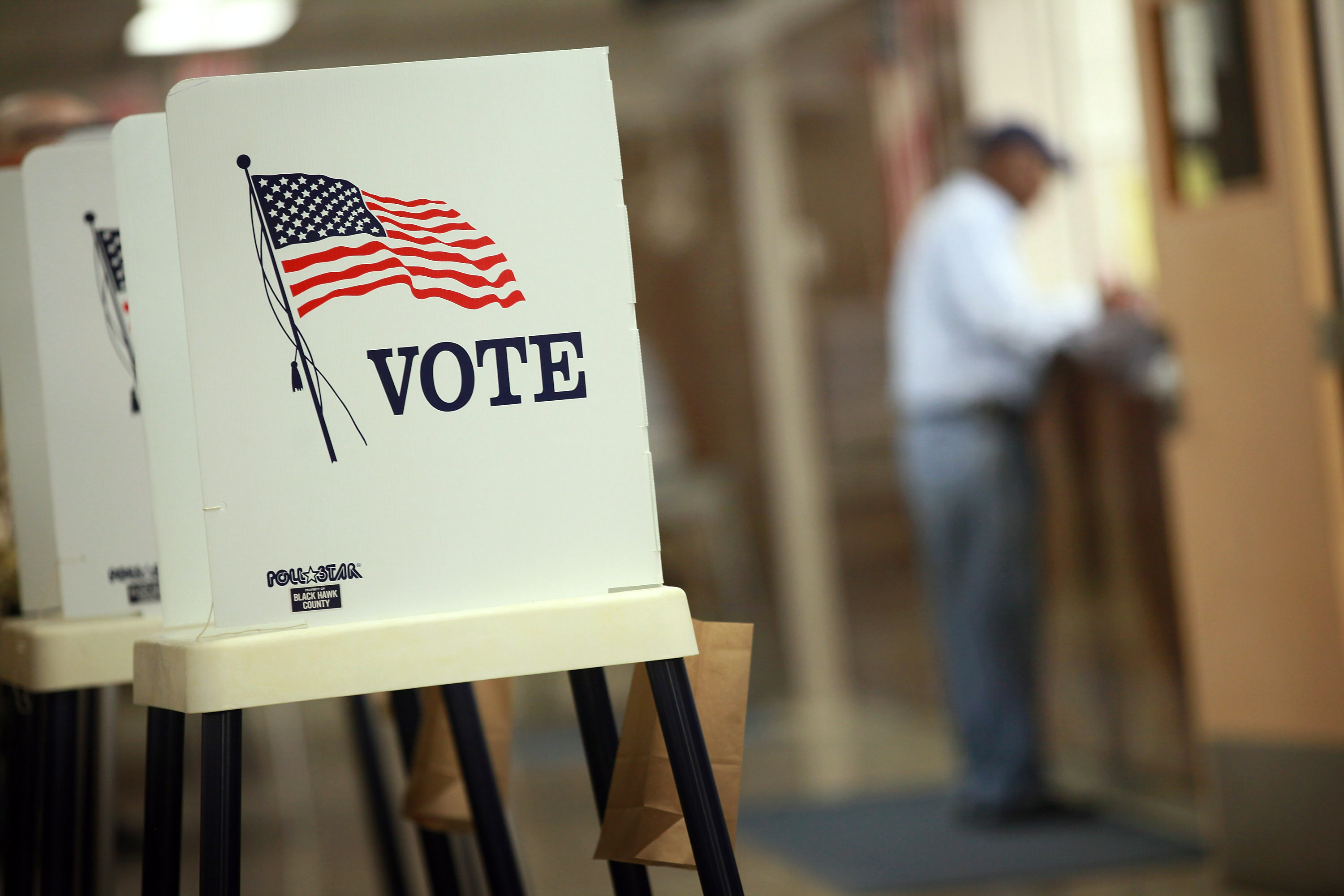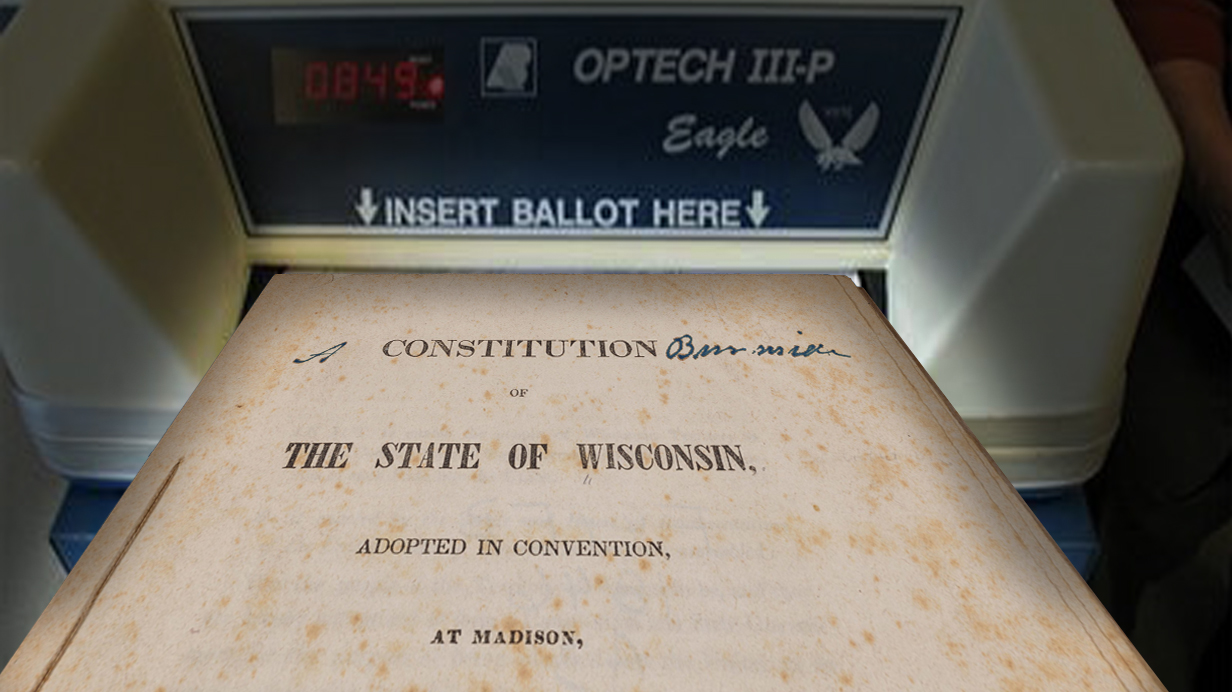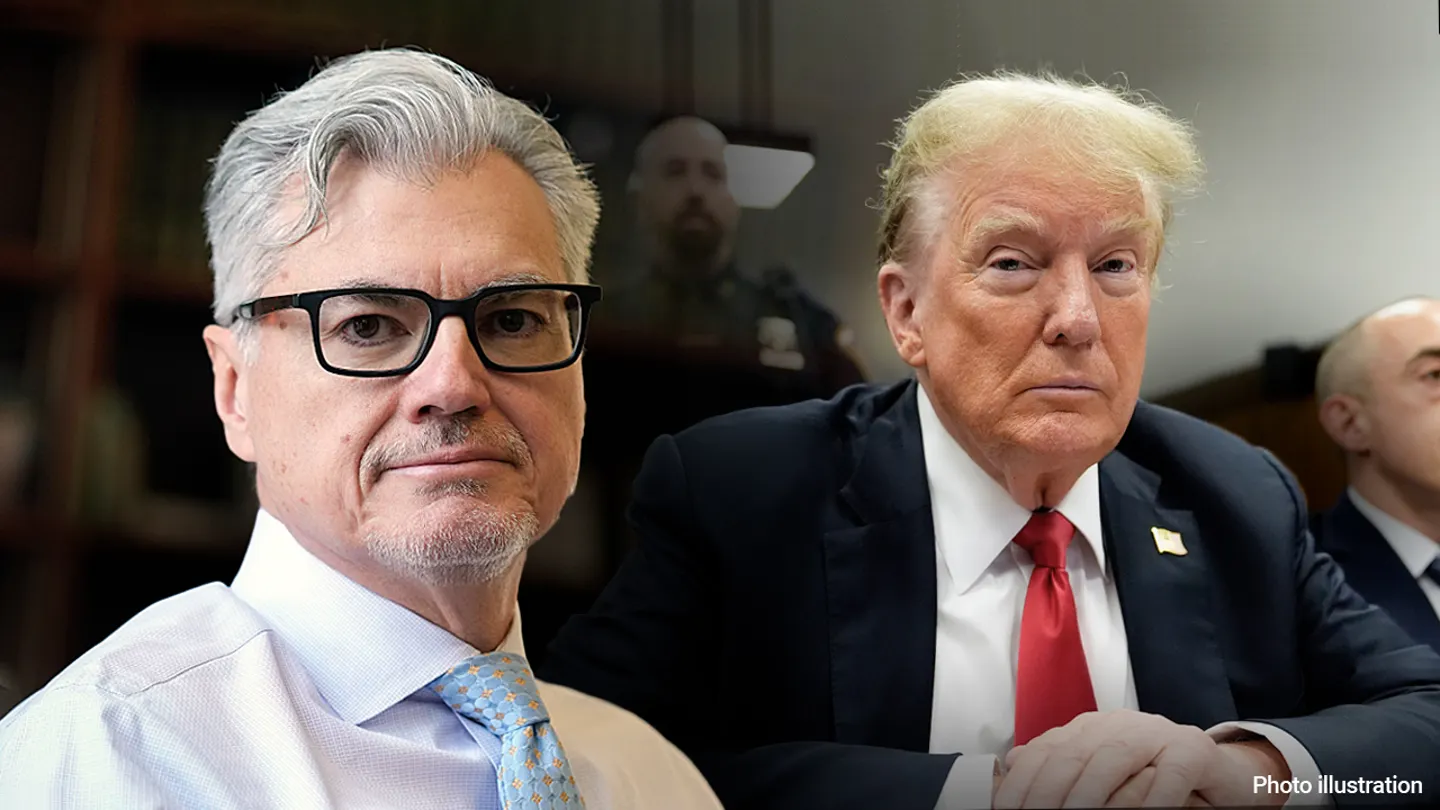
MacIver News Service | April 5, 2019
The Wisconsin Legislature’s Joint Finance Committee met on Wednesday, April 3, and Thursday, April 4, to begin their work on the 2019-2021 biennial budget. On Wednesday, the heads of the Department of Public Instruction (DPI), the Department of Transportation (DOT), and the Department of Health Services (DHS) provided briefings on the governor’s proposals for their respective agencies.
As always, MacIver was there to watch. Check out some highlights of our live-tweets of the Wednesday briefings from the @MacIverWisc and @NewsMacIver Twitter accounts below.
#WIBudget basics: Revenues are expected to increase $3 billion. @GovEvers wants to increase spending by $6.4 billion. That means spending the surplus, raising taxes $1 billion and ending with a $2 billion deficit. @rep89 and @SenDarling explain why that doesn’t work. #WIright pic.twitter.com/AnnENQ1RzZ
— MacIver News Service (@NewsMacIver) April 4, 2019
Department of Public Instruction
DPI’s briefing for the finance committee featured heated debates over the large funding increases for Wisconsin public schools.
DPI laying out major initiatives in their agency budget: 3k grants for 5 largest school districts, $20m in categorical aid for after school programming, new Urban Excellence initiative, & the $606 million initiative to increase special education reimbursement rate from 25% to 60%
— MacIver Institute (@MacIverWisc) April 3, 2019
Sen. Olsen: This is a good budget for education, but taxpayers can’t afford to fund all of these priorities. Asks DPI about special aid funding, what % of budget districts spend this area. DPI says state avg is about 14%, but varies widely#wipolitics
— MacIver Institute (@MacIverWisc) April 3, 2019
Here’s a look at funding increases in this DPI budget, compared to the base. #wiedu #wipolitics #wibudget pic.twitter.com/oabPKjmmUf
— MacIver Institute (@MacIverWisc) April 3, 2019
School choice was also a big issue at the hearing. The governor’s budget freezes enrollment in the popular programs that allow lower-income students to have the freedom to attend other schools.
.@WisconsinDPI on enrollment caps for #schoolchoice: “This is a pause. I’m supportive of a pause, until we can figure out how to sustain the four school choice programs, independent charters, all different programs with different rules & regulations.” #wipolitics
— MacIver Institute (@MacIverWisc) April 3, 2019
.@rep89: these programs do more with fewer state dollars. Don’t take away opportunities away from kids.
DPI is arguing that pausing choice programs will allow more options within the public school system. #wibudget
— MacIver Institute (@MacIverWisc) April 3, 2019
While Evers’ budget would “pause” the program, school choice enrollment has increased over the past few years, while public school enrollment has dropped.
Enrollment in choice programs over time
#schoolchoice #wipolitics #wiedu pic.twitter.com/dH5ifcqnFB
— MacIver Institute (@MacIverWisc) April 3, 2019
Department of Transportation
DOT was the second agency to provide the finance committee with a briefing on its budget.
DOT Secretary-Designee Craig Thompson advocated on behalf of funding increases for Wisconsin roads, drawing attention to their condition, as well as to large construction projects. Thompson also argued that increasing state funding for road construction would allow more people to be employed by construction companies.
After @WisconsinDOT secretary says the road builders are facing a labor shortage, @SenMarklein asks how will they be able to do more road projects if the state increases funding. Won’t we just end up paying more for the same amount of road work? #WIbudget #WIright pic.twitter.com/BEtKmaDbmJ
— MacIver News Service (@NewsMacIver) April 4, 2019
.@WisconsinDOT Sec Thompson says he approved the one-bid I39 contract that was $20 million higher than DOT estimates.
— MacIver News Service (@NewsMacIver) April 3, 2019
.@ChrisTaylorWI says some of Wisconsin’s roads are as bad as those in third-world countries. #wipolitics
— MacIver Institute (@MacIverWisc) April 3, 2019
Thompson voiced his support for the use of eminent domain to build bike paths, as well as the elimination of the minimum markup on gas but no other products.
.@GovEvers says repealing minimum markup on gas will save drivers 14 cents @WisconsinDOT sec Thompson and LFB say they aren’t so sure. pic.twitter.com/i9hwyksBS6
— MacIver News Service (@NewsMacIver) April 3, 2019
.@WisconsinDOT sec Thompson says he agrees with using imminent domain to build bike paths. #wiright #wibudget
— MacIver News Service (@NewsMacIver) April 3, 2019
Department of Health Services
The final group heard Wednesday was DHS, the state’s largest agency. The DHS briefings revolved around Wisconsin’s future with the Affordable Care Act (ACA), also known as Obamacare, as well as Medicaid expansion.
One major issue in the 2018 gubernatorial election was Wisconsin’s choice to refuse federal dollars to expand Medicaid. DHS Secretary-Designee Andrea Palm made the case during the hearing to accept those subsidies, while Sen. Luther Olson (R-Ripon) explained the realities behind the expansion from health care providers’ points of view.
Palm agrees that Evers’ health care budget is built on the sand of Medicaid expansion (which, in turn, relies on a federal gov’t that’s $22 trillion in debt to keep its word on 90% matching rate for eternity). #wipolitics #wibudget https://t.co/KDZF0eSQat
— MacIver Institute (@MacIverWisc) April 3, 2019
.@SenTomTiffany reminds the room that the federal is $22 trillion in debt. Asks DHS Sec. Palm if she is confident that the 90% match rate for Medicaid expansion will continue into the future. Palm, several times: “I don’t have a crystal ball.”
— MacIver Institute (@MacIverWisc) April 3, 2019
DHS Sec. Palm disputes that costs are shifted to private sector plans when there are more ppl on Medicaid. Sen. Olsen speaking from perspective of a health care provider: “We can more people on MA in a month, and our revenue is down.”
(So, providers have to make it up somewhere)
— MacIver Institute (@MacIverWisc) April 3, 2019
Since the last state budget cycle, the Federal Tax Cuts and Jobs Act repealed the individual mandate for health care. The ACA also included other mandates that have caused labor issues in the state. Legislators must now decide how to proceed in light of the changes.
DHS Sec. Palm: lower insurance premiums helps people be successful, simultaneously defends Obamacare and says it’s here to stay. Obamacare drove up premiums… pic.twitter.com/yajOeYzjib
— MacIver Institute (@MacIverWisc) April 3, 2019
.@SenStroebel: It’s a good thing they did away with the Obamacare individual mandate or 40-some thousand Wisconsinites would be in violation of the law and owe a fine to the IRS. #wiright #wibudget #wipolitics
— MacIver Institute (@MacIverWisc) April 3, 2019
Sen. Johnson: A lot of Milwaukee area jobs aren’t full-time because full-time jobs are required to offer benefits.
That’s an Obamacare mandate.
So those workers are getting fewer hours at work AND no benefits thanks to Obamacare.
— MacIver Institute (@MacIverWisc) April 3, 2019
As always, stay tuned for more budget updates as the finance committee begins its tour around the state for public hearings.




